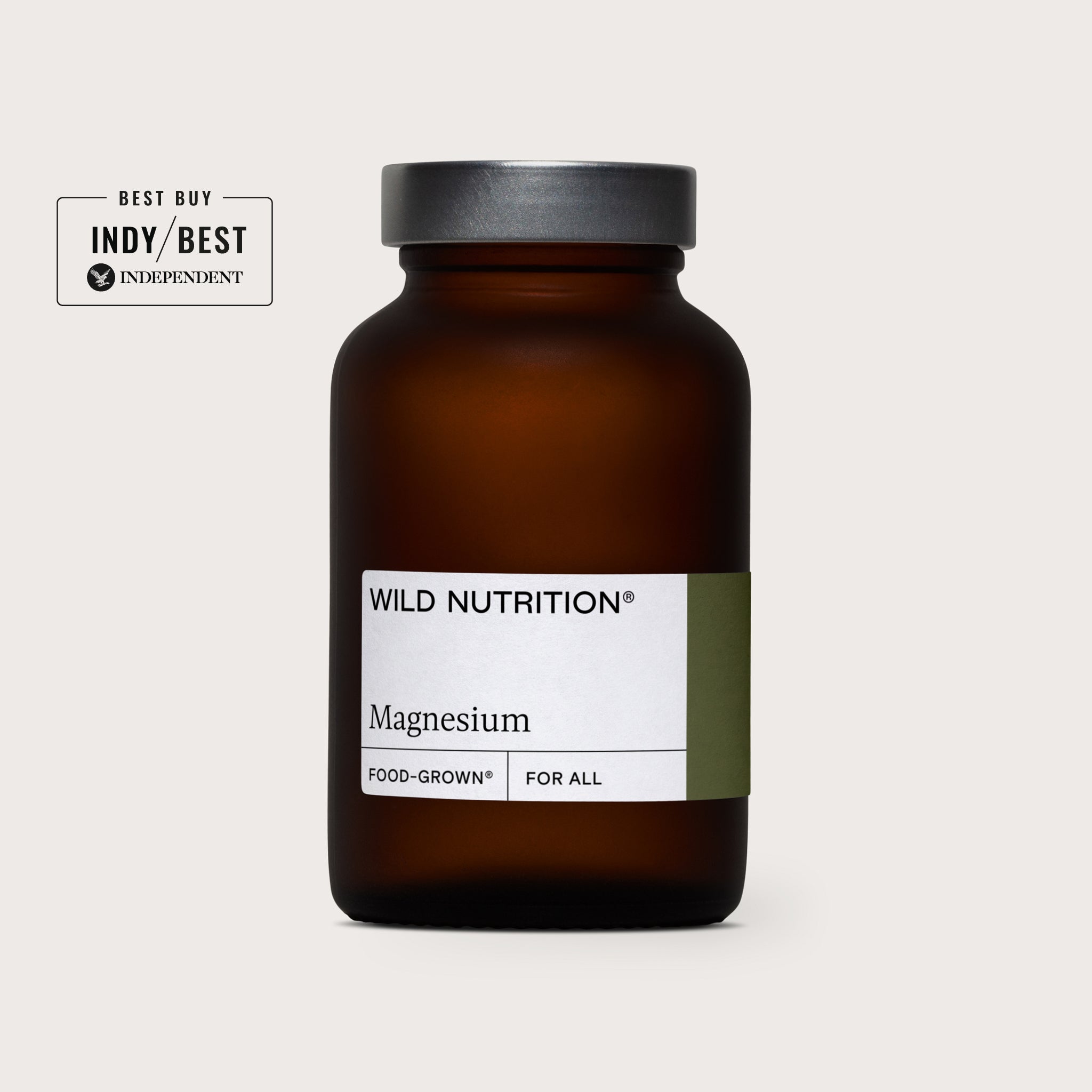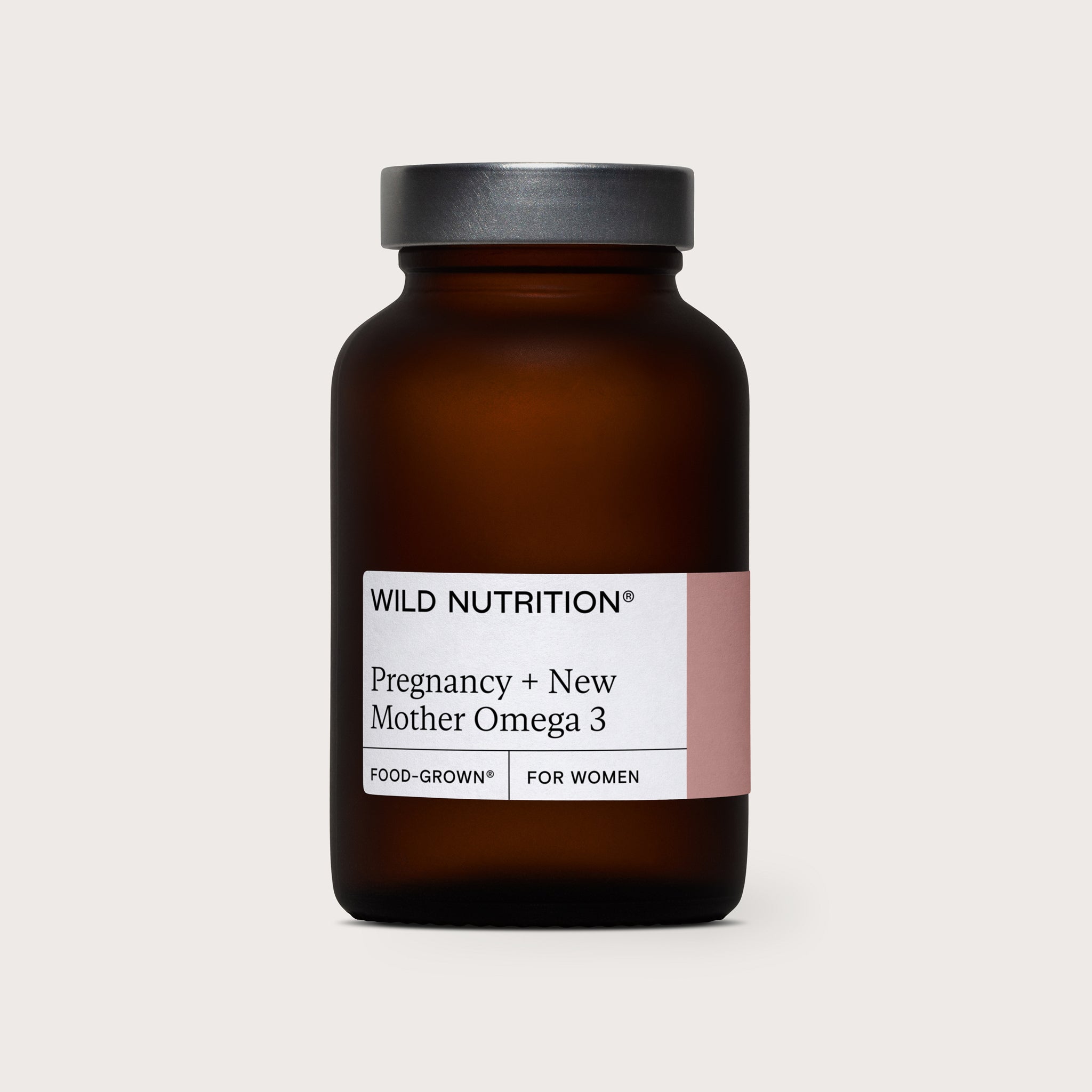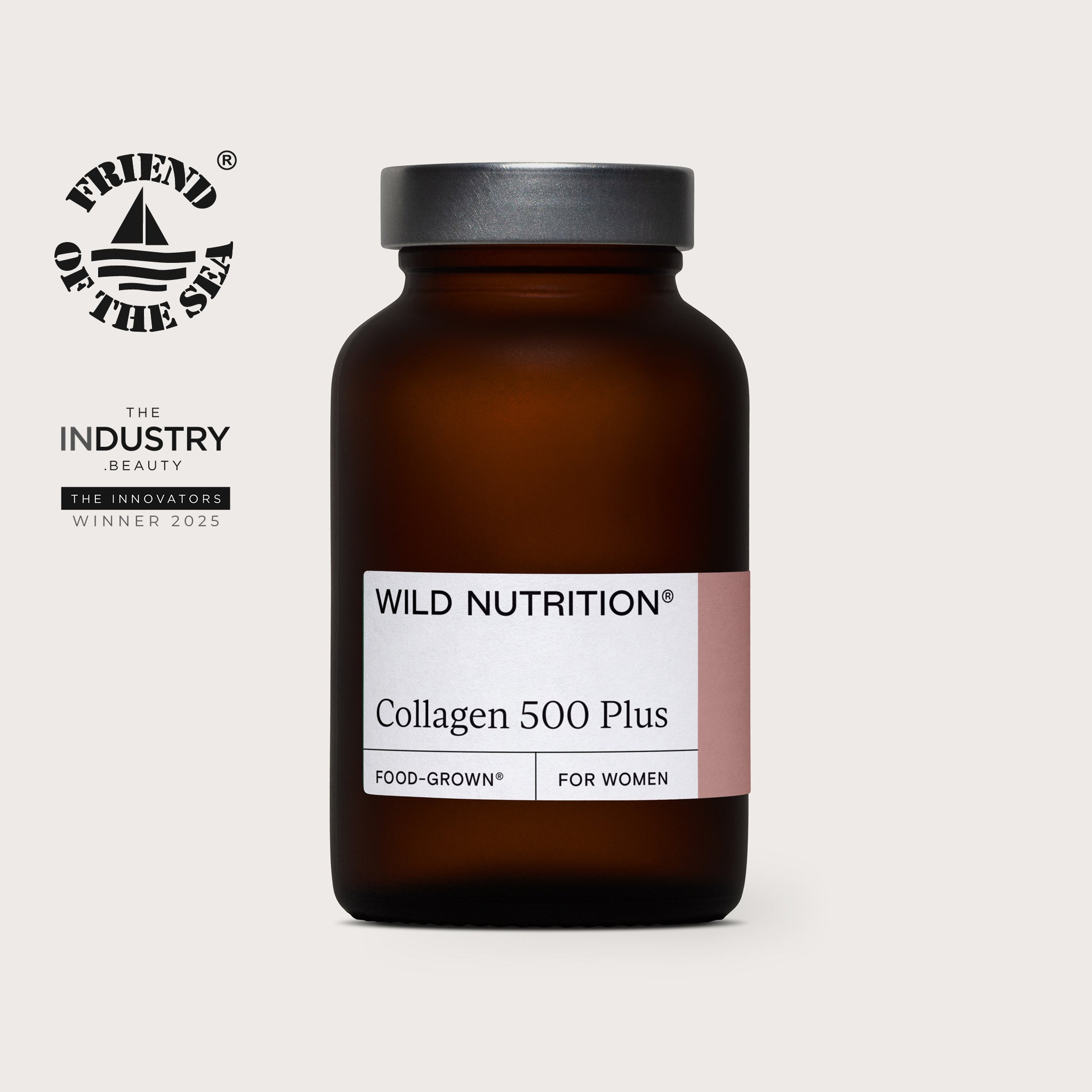
8 ways to optimise your energy & beat fatigue
There is no doubt, many of us lead a life in the fast lane and expect our body and mind to keep up. What is often forgotten is that just as a car requires regular servicing and the correct fuel to drive the distance, your body needs the same level of care and attention. This is both in the form of ‘fuel’, i.e. food, but also in the form of restorative ‘servicing’ or self-care. Without these two aspects our body simply can’t produce the currency it needs to make the energy to keep up.
The dominant currency our body uses for energy is known as ATP (adenosine triphosphate), and this is made by the factory within each of our cells called the mitochondria. How efficiently these mitochondria work, and therefore how much ATP they can produce, is affected by several different factors, but the food we eat heavily influences this process.
1. Eat foods high in protein
Eat foods high in protein with every meal and snack. Protein slows the breakdown of foods and absorption of glucose into the bloodstream. The types of foods highest in protein are:
- Eggs (choose free-range or organic)
- Meat
- Fish
- Beans and legumes (lentils, chickpeas)
- Nuts and seeds
These protein-rich foods support amino acids like glutathione that protect the mitochondria, and CoEnzyme Q10 and Alpha Lipoic Acid that support ATP production.
2. Ensure plenty of B vitamins
B vitamins are essential for energy production, and Vitamin B5 in particular, for the production of the glucocorticoid hormones in the adrenals, such as cortisol. Good sources include:
- Whole grains
- Eggs
- Beans and lentils
- A wide range of vegetables
- Fish and meats (choose good quality or organic meat).
Taking a Vitamin B complex can be very supportive.
3. Enjoy Magnesium-rich foods
Magnesium is essential for energy production and for our adrenal hormones, and is quickly used up when we are stressed. The best examples are:
- Nuts and seeds (especially pumpkin seeds and hemp seeds)
- Buckwheat groats or flour
- Greens such as spinach and kale
- Fish
- Seafood
If sleep is an issue, then taking an additional 80mg of Magnesium at night can be a great support.
4. Include foods rich in Vitamin C
Vitamin C is another nutrient that is vital for the manufacture of adrenal hormones. Fruits and vegetables are the best sources, but, contrary to popular belief, oranges do not have the highest levels. Better sources include:
- Peppers
- Kale
- Broccoli
- Brussels sprouts
- Watercress
- Red cabbage
5. Try micro-algae
If you make smoothies, add in a spoonful of the micro-algae chlorella or spirulina. These foods are extremely rich in a wide range of nutrients, including those mentioned above, and are easily absorbed because they need little processing by the digestive system.
6. Remember the essential healthy fats
Healthy fats are also ‘fuel’ for the mitochondria. So make sure you increase oily fish in your diet, avocados, coconut oil, olive oil or flaxseed oil. Healthy fats also protect the mitochondria by providing anti-inflammatory support.
7. Cut down on caffeinated drinks
People with low energy and low adrenal reserves often crave stimulants such as coffee, tea or energy drinks to boost their energy and get through the day. But caffeine also stimulates the adrenals and makes them work even harder, making the situation worse in the long run.
Even decaffeinated versions of coffee and standard tea can contain other stimulants such as theobromine and should be avoided. Try reducing caffeine and drink green tea instead, which can be a good option as it contains less caffeine and tannins.
8. Reduce & remove toxins to support your mitochondria
The mitochondria are also sensitive to toxins, and interesting research looks at how some medications and chemicals compromise their function. Supporting the mitochondria with what they need (e.g. nutrients) is just as important as removing factors which block their function. This is where cleaning up a diet and removing unnecessary toxins is essential.
Supporting the health of the gut is also important, as this, in turn, supports the immune system and healthy management of inflammation. When inflammation gets out of control, it can affect the mitochondria, which is termed mitochondrial dysfunction.
Long before we even understood the science of energy and the mitochondria, natural practitioners across the world have been recommending healthy detoxification as a means of supporting energy production.












